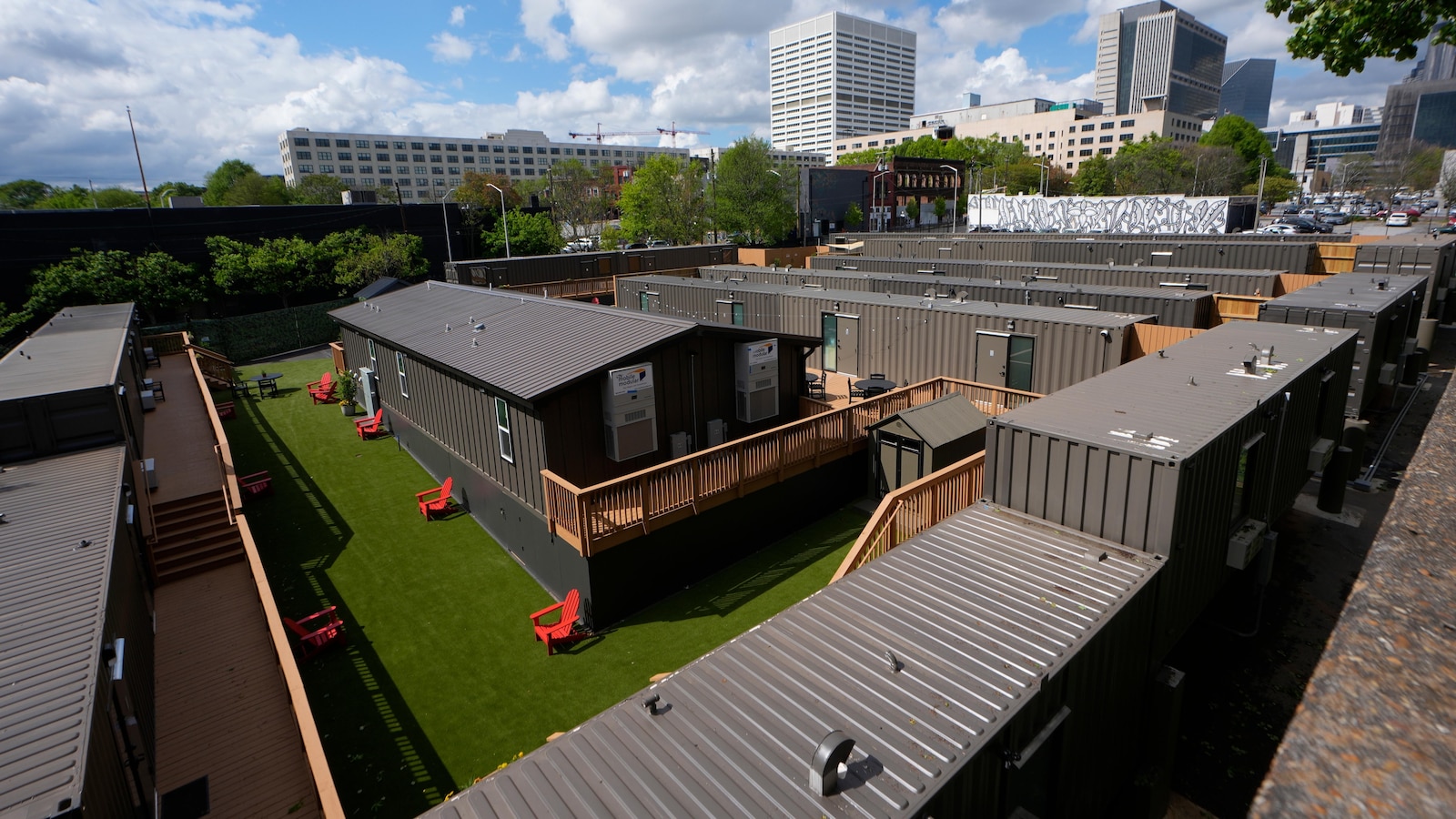Micro communities for the homeless sprout in US cities eager for small, quick and cheap solutions
As the issue of homelessness continues to plague cities across the United States, some communities are turning to micro communities as a small, quick, and cost-effective solution to provide shelter for those in need.
Micro communities, also known as tiny home villages or transitional housing communities, are small clusters of tiny homes or shelters that provide temporary housing for homeless individuals. These communities often offer more stability and privacy than traditional homeless shelters, as residents have their own space to call home.
In cities like Seattle, Portland, and Austin, micro communities have been popping up in vacant lots, parking lots, and underused spaces. These communities are typically run by nonprofit organizations or local governments, who provide basic amenities like bathrooms, showers, and communal spaces for residents to use.
One of the key benefits of micro communities is their ability to quickly provide housing for homeless individuals. Traditional affordable housing projects can take years to develop and implement, but tiny home villages can be constructed in a matter of weeks or months. This allows communities to respond rapidly to the growing homelessness crisis and provide shelter for those in need.
Additionally, micro communities are often more cost-effective than traditional affordable housing projects. The small size of the homes and the use of recycled materials can significantly reduce construction costs, making it an attractive option for cities with limited budgets.
While micro communities are not a permanent solution to homelessness, they can serve as a stepping stone for individuals to transition into more stable housing. Residents are often provided with case management services, job training programs, and other resources to help them get back on their feet.
Overall, micro communities offer a creative and innovative solution to the homelessness crisis in the United States. By providing small, quick, and cheap housing options for those in need, these communities are helping to address the urgent need for shelter and support for homeless individuals in cities across the country.






